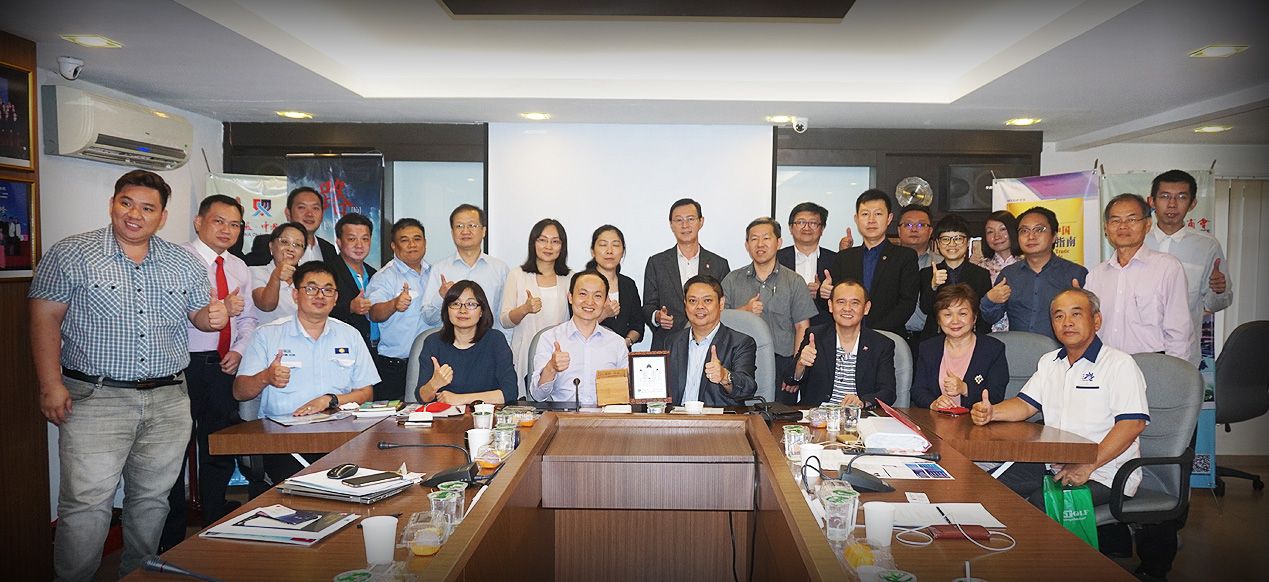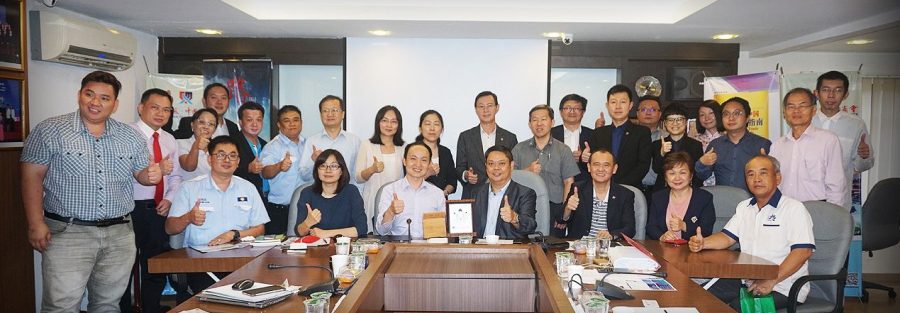
KUALA LUMPUR: The ever-changing innovation and technology will change the future of social technologies and occupations (skills), Malaysia and China need to seek more in-depth exchanges, interactions and cooperation in vocational and technical education in order to promote students’ and employees’ technical capabilities, thus, speeding up the economic restructuring in Malaysia and moving towards the goal of being a high-income country.
The Malaysia-China Chamber of Commerce (MCCC) Vice President, Dato’ Joseph Lim, received a delegation led by Associate Professor, Xue Eryong, Dean of the Institute of Education Policy, Beijing Normal University (China) proposed that Malaysia’s and China’s technical and vocational education could be achieved via three levels of cooperation.
“First, to promote the exchange of overseas students between the two countries in the form of scholarships. Second, to promote the cooperation between think tanks and institutes of the universities in both countries under the Belt and Road Initiative. Third, to set up a platform for the technical educators to conduct joint research.”
Dato’ Joseph said that he looked forward to the cooperation between the educators in the follow-up work of localizing technical education programmes, curriculum contents and teaching materials so as to avoid being eliminated.
“For the past two to three years’ budget in Malaysia, we can see that the government has greatly increased their funding for technical and vocational education. The various education blueprints have placed great emphasis on the effectiveness of vocational and technical education and training,” Dato’ Joseph added.
Various international economic surveys predict that more than half of the jobs will be replaced by artificial intelligence in the next 20 years. This shows the challenges and opportunities for technical education and employee retraining in today’s globalized wave of technological revolution.
“At present, China is transforming into a country focusing on manufacturing and human resources. This can only be achieved through a systematic development of vocational and technical education. Even in recent years, China’s high-speed rail policy has placed great emphasis on technology transfer, education and technology transfer to local people, not just the transfer of goods,” Xue Eryong pointed out.
At present, the Ministry of Education of China is working on the ‘Education 2030: Modernization of Education in China’. Vocational education, as an important part of education modernization, its future development scale and trend will affect the realization of the vision of China’s education modernization.
In addition, Dato’ Joseph also called for more cooperation between Chinese educational institutions and Malaysian Chinese communities to jointly safeguard and support the Chinese education in Malaysia, which has a history of more than a hundred years of struggle, in the hope of a sustainable development.
“Even though our backgrounds are different, I believe China has similar direction as the Chinese communities in Malaysia in protecting the Chinese culture and education,” Dato’ Joseph added. The participating organizations include Ye Shengtao Research Association of China (Chinese), Coalition on Plan of Action for Malaysia, MCA National Youth Education Bureau, The Association Of Graduate Universities And Colleges In China, Malaysia, Fom Era Vocational Academy, Dong Jiao Zong Higher Learning Centre, SMJK Council, MCA Belt and Road Centre (MBRACE), Universiti Tunku Abdul Rahman Faculty of Accountancy and Management and City University College of Science And Technology.



